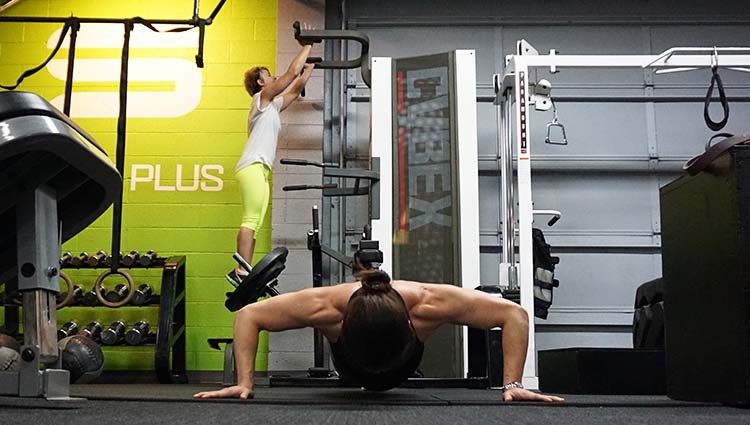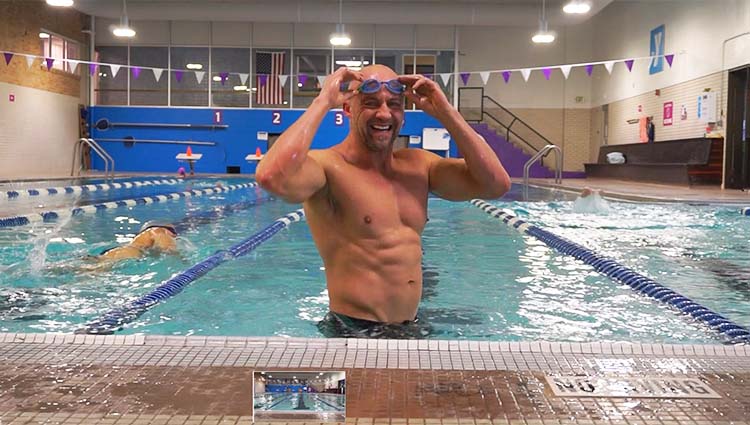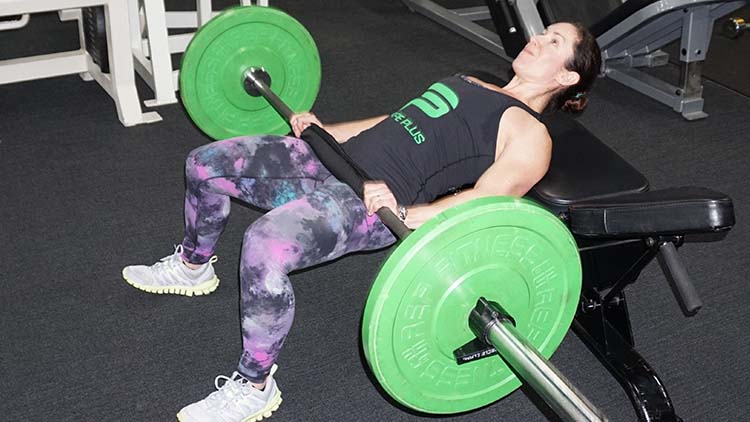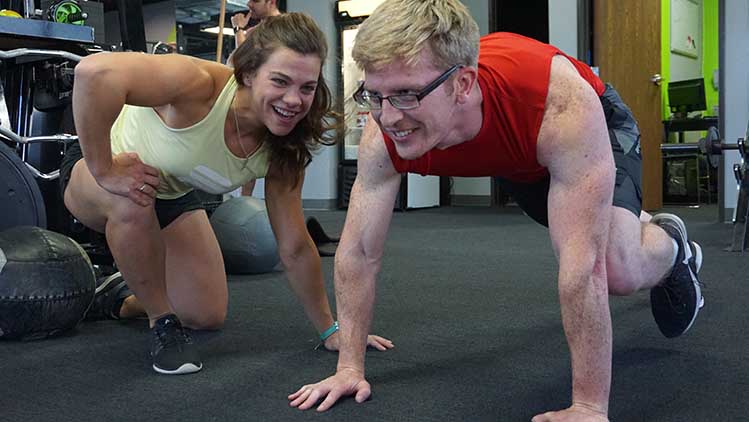Adding more weight to your next set when resistance training is only effective if you are keeping good form. If you cannot keep the same form you had at a lighter weight, then it is too heavy for you to get the benefit that you seek from the exercise.
“Gotta go up in weight”
This phrase is a leading candidate for top honors in the strength-training hall of shame. It sits right next to “Whaddeya bench?”, and “Squats are bad for your knees, bro.”
Gotta go up, eh? Do you really think adding more weight to that barbell is going to help you achieve your goals? The weight was already too heavy for you to lift productively with good form, and now you’re aimlessly adding more. If your goals are to impress the old man with little real knowledge about weightlifting who asks “Whaddeya bench?” then by all means, keep stacking it on. If you really want squats to hurt your knees, you might as well lift more than you’re capable of managing effectively.
Fitness myths, like thinking more weight is going to help you be more productive, are perpetuated every day by people you see in the gym. Don’t give in to their rhetoric. Be smarter than the average weight-lifter. Chances are, if you see these people at the gym on a regular basis, actual changes in their body are few and far between. You might even stop seeing them altogether, considering their chances of getting hurt lifting too much weight are incredibly high.
What are your real goals?
Maybe you need to have a serious conversation with yourself. Why are you at the gym in the first place? What do you want out of your weightlifting experience? Maybe you want to shed a few pounds. Maybe you want to put on a little (or a lot!) of muscle. Maybe you just want to feel better and have more energy.
Either way, hardly anybody goes to the gym thinking they would like to hurt themselves or be less than productive by putting too much weight on the bar. However, this is all too common.
How do I know what the “right weight” is?
For your muscles to grow, they need to stretch and contract with a certain amount of resistance on them. Simply getting the bar from point A to point B by any means necessary will rarely break down your muscle tissue enough to make consistent progress. For example, when performing a chest press, you need to be able to slowly bring the bar down to your chest in a controlled manner (commonly called a negative rep).
This will help stretch and tear muscle tissue so you’re able to make the strength gains you’re looking for. After engaging the muscle, you need to be able to slowly contract your chest back to the starting point and repeat. Don’t let gravity and momentum do all of your work! Give your muscles no choice but to break down and grow. Don’t let too much weight keep you from getting what you really want!
Am I trying to lift too much?
This can be as simple or as hard to figure out as you want it to be. Let’s examine your chest press, again, for example. Can you actually feel your chest working? Does your chest look fully developed, or is it slumping and sagging underneath your front deltoids (shoulders)? Generally, over-developed front-deltoids are a sure sign of repetitive chest presses with too much weight over time. Benching super-heavy weight might make you feel like you’re making progress, but all-too-often, your chest just isn’t working as hard as it should be.
Take a look around the gym. You’ll almost always see the biggest, and/or most well developed and leanest people lifting the lightest weights. You might think to yourself, “I lift more than they do, so I must be stronger than they are.” Ha! Why do you think their muscles look so good? That’s not to say you won’t catch a strong guy or lady bench pressing an exorbitant amount of weight from time to time, but if they are doing it well, you can be sure that they have worked smart and hard to get to that point.
Lift smart
Whether you’re an experienced weight lifter or are just starting a strength-training routine, remember to lift smart. As tempting as those heavy dumbbells might be to pick up and try out, think about how hard you really want to make yourself work. Always remember to exercise your muscles, not your ego. There’s no such thing as light weight. Just the right weight!





